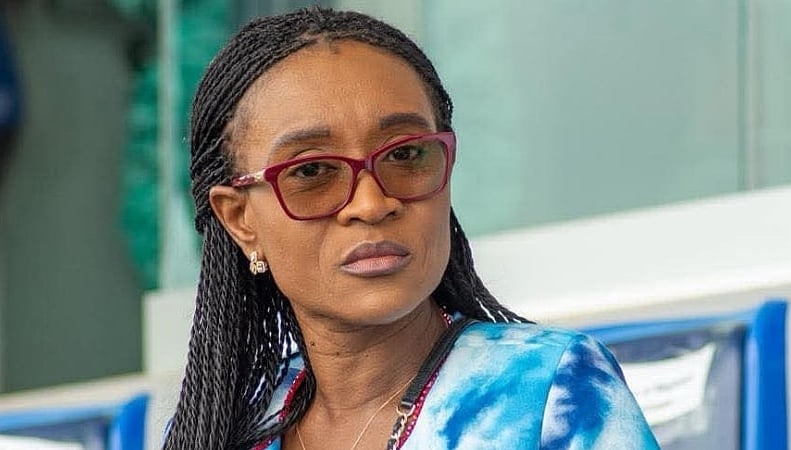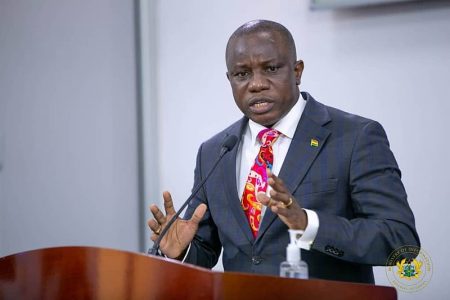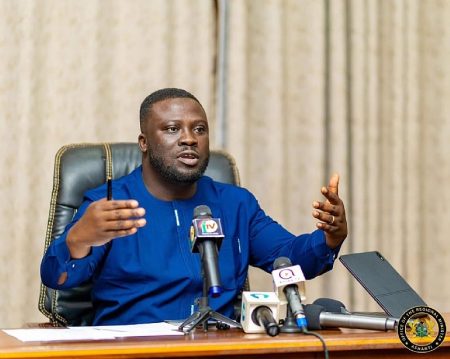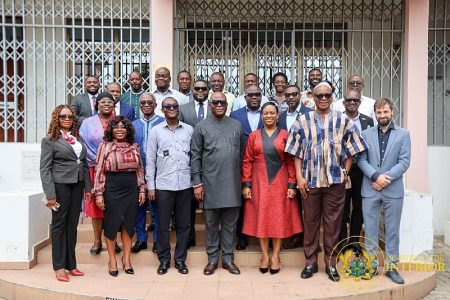The 2024 Audit Report on Ghana’s Public Accounts has unearthed a staggering discrepancy in the nation’s reported public debt, revealing an overstatement of GH¢138.91 billion. This significant error has raised serious concerns about the integrity of Ghana’s financial reporting systems and the coordination between key government institutions responsible for managing public finances. The discrepancy, which amounts to approximately 15.8% of the reported debt, highlights a critical breakdown in communication and data reconciliation between the Controller and Accountant-General’s Department (CAGD) and the Ministry of Finance. The CAGD reported a total public debt of GH¢876.01 billion, while the Ministry of Finance, the legally mandated body for recording public borrowing, reported a considerably lower figure of GH¢737.17 billion. This discrepancy undermines public trust in the accuracy and reliability of official financial data, prompting calls for a thorough investigation and immediate corrective action.
The breakdown of the overstatement further exposes the scope of the misreporting. Domestic debt was overstated by GH¢132.98 billion, external debt by GH¢1.77 billion, and COCOBOD’s domestic debt by GH¢4.15 billion, while its external debt was understated by GH¢2.1 million. This detailed breakdown suggests a systemic issue rather than a simple clerical error, pointing to potential flaws in data management, internal controls, and the flow of information between the CAGD and the Ministry of Finance. The magnitude of the discrepancy necessitates a comprehensive review of the processes and procedures used to compile and report public debt figures to ensure such a substantial error does not recur.
Hon. Abena Osei-Asare, Chairperson of the Public Accounts Committee (PAC) and Member of Parliament for Atiwa East, has expressed grave concern over the revealed discrepancy. Characterizing the error as “no ordinary mistake,” she emphasized the importance of maintaining the integrity of Ghana’s public financial systems and restoring public confidence in the institutions entrusted with managing national resources. Hon. Osei-Asare stressed that the responsibility for preparing government accounts rests solely with the Controller and Accountant-General, and a misstatement of this scale cannot be dismissed lightly. Her strong stance underscores the urgency of addressing the underlying issues that led to this significant misreporting and the need for robust corrective measures to prevent future occurrences.
The PAC, under the leadership of Hon. Osei-Asare, has pledged to conduct a full-scale investigation into the discrepancy. This investigation will involve engaging with the CAGD, the Ministry of Finance, and other relevant agencies to pinpoint the root cause of the error. The committee will scrutinize the breakdowns in internal processes that allowed the misreporting to occur and will ensure the full implementation of the Auditor-General’s recommendations on data harmonization and improved institutional collaboration. This comprehensive approach aims to identify systemic weaknesses and implement effective solutions to strengthen financial reporting and accountability within the government.
The revelation of this significant discrepancy has ignited a national debate on the credibility of Ghana’s financial records. Hon. Osei-Asare’s swift and decisive response, including her public pronouncements on social media, signals Parliament’s commitment to transparency and accountability in the management of public funds. Her public statements, including a social media post titled “Overstatement of Public Debt – GH¢138.91 Billion – No Ordinary Mistake,” highlight the seriousness with which she and the PAC are approaching this issue. This proactive engagement aims to reassure the public that the matter is being taken seriously and that concrete steps are being taken to address the underlying problems and prevent future misreporting.
The PAC’s commitment to a thorough investigation and the implementation of corrective measures is crucial for restoring public trust in the government’s financial management practices. The investigation’s findings will not only identify the immediate causes of the discrepancy but will also offer valuable insights for strengthening internal controls, improving data management practices, and fostering greater collaboration between relevant government agencies. Ultimately, this process will contribute to enhancing transparency and accountability in the use of public funds, which is essential for maintaining fiscal responsibility and promoting sustainable economic development in Ghana. The outcome of the investigation and the subsequent actions taken will be closely monitored by the public and will serve as a critical test of the government’s commitment to sound financial management.














